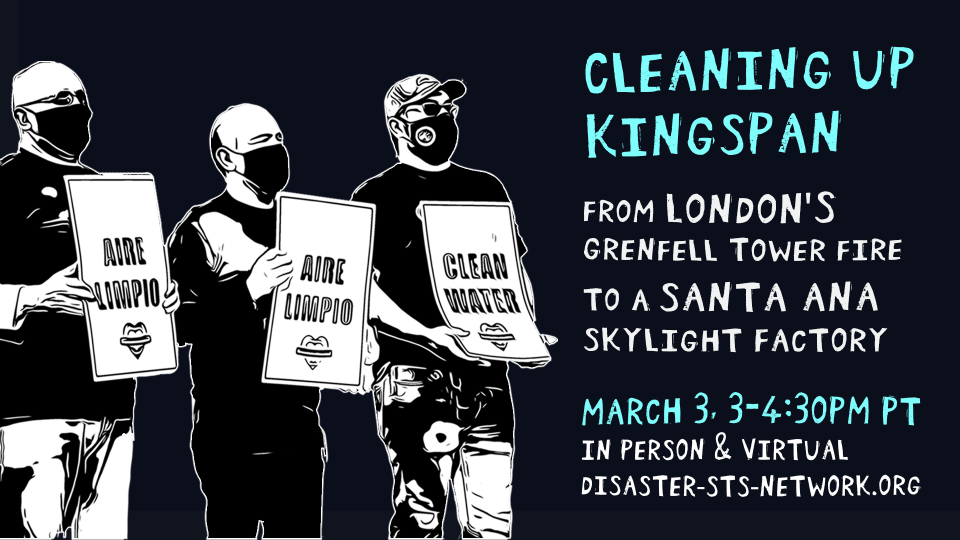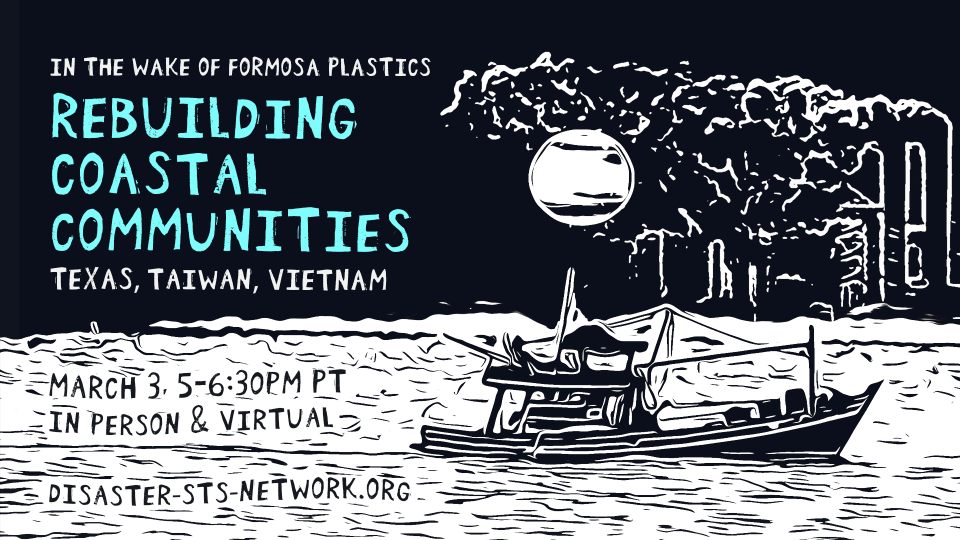Header

description
The cascading and interlaced effects of COVID-19, climate change, systemic racism, and dramatic inequity within and between countries are now in high relief. The Reaching for Just Transition Seminar Series brings people together to build understanding of the problems that need to be addressed, to develop ways of thinking and speaking about related injustices, and to strategize what needs to be done going forward.
Labor organizers began speaking in terms of “just transition” in the 1980s, reaching for ways around claims that people had to choose between good jobs and environmental protection. Today, there is accelerating recognition that investment in both environmental protection and new ways of organizing the economy will be critical to inclusive prosperity. Renewed calls for just transition speak to this. During the events, p anelists and seminar participants will address four questions:
-
What forms of injustice do you see in this case?
-
What do you think should be done in response to the injustices in this case (beyond what may seem achievable in practice)?
-
What organizational, political, and legal strategies do you think should be prioritized – within countries, and across borders?
-
What ideas do you have for sustaining and continuing to build the collective of people brought together here to work toward just transitions?
Much work remains to be done to figure out what just transition looks like on the ground, in different settings. Join us for dialogue with labor and community organizers, researchers, clergy, and others reaching for this.
Lead organizers: Tim Schütz ( tschuetz@uci.edu ) Kim Fortun ( kfortun@uci.edu ).
First Column
Session 1
Date & Time
Thu, March 3, 2022
3:00 PM – 4:30 PM PST
RSVP
The event will be held in a hybrid format:
Directions for attending in person
Location: Social & Behavioral Sciences Gateway, Room 1517 ( Google Maps).
Parking: Social Science Parking Structure ( Google Maps).
Panelists
- Meredith Schafer , Lead Researcher, SMART-Union
- Lucas Hernandez , Welder, Kingspan Light + Air
- Dr. Shahir Masri , Air Pollution Scientist, UC Irvine
- Julian Posadas , Lead Organizer, SMART-Union
- Leonel Flores , Community Organizer, MPNA- Green
- Silvia Hernandez , Organizer, SoCal COSH (coalition for occupational health and safety).
Event Description
There is an urgent need for green jobs, production processes, and products. Companies in various sections have stepped forward with promises to lead the way, often making “green” a key part of their brand and advertising. In many cases, however, promises don’t match practices: workplaces and products are still toxic, often spilling over into the communities where companies operate. This seminar will focus on these contradictions in the operations of Kingspan, a green materials company headquartered in Ireland, with manufacturing facilities around the world. Panelists will include Kingspan workers, union organizers, and community activists in Santa Ana, California.
Second Column
Session 2
Date & Time
Thu, March 3, 2022
5:00 PM – 6:30 PM PST
RSVP
The event will be held in a hybrid format:
Directions for attending in person
Location: Social & Behavioral Sciences Gateway, Room 1517 ( Google Maps ).
Parking: Social Science Parking Structure ( Google Maps ).
PANELISTS
- Nancy Bui , Justice for Formosa’s Victims, USA/Vietnam
- Father Peter Nguyen Van Hung , Vietnam/Taiwan
- Diane Wilson , Activist, Seadrift, Texas
- Kaitlyn Joshua , Earthworks, Louisiana
- Paul Jobin , Sociology, Academica Sinica, Taiwan
- Phillippe Larochelle , Lawyer, Montreal, Canada
Event Description
Despite rising concerns about pollution and climate change, the global petrochemical industry is expanding, in part because of the shale gas boom, which also has caused widespread environmental harms. This tangle of developments has impacted communities around the world, calling for coordinated action across geography, generation and issue areas.
This seminar will focus on harms caused by the operations of Formosa Plastics Corporation in Taiwan, Vietnam and the United States, focusing on coastal communities. Panelists include people who have spent years working to address these harms in different ways.



